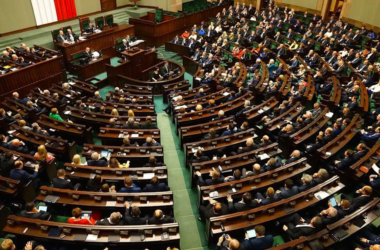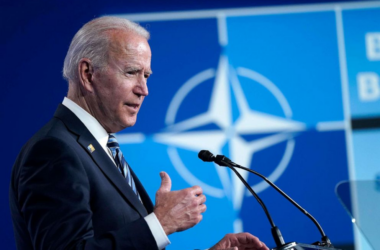In a significant turning point for Poland, pro-European Union (EU) centrist forces are poised to lead a new government, marking a substantial departure from eight years of political turmoil and clashes between the ruling Law and Justice (PiS) party and Brussels. The tumultuous period has seen disputes over democratic norms, press freedom, minority rights, and immigration.
The results of Poland’s recent elections have dealt a blow to the PiS party, as it fell short of retaining its parliamentary majority. In the aftermath of the election, the opposition is gearing up for coalition talks with the aim of forging a government committed to upholding EU values and fostering greater cooperation within the union.
The forthcoming shift in leadership could bring an end to a prolonged period of tension between Poland and the EU, which has raised concerns about democratic principles, media independence, and the rights of minority groups. The new government, led by pro-EU centrists, is expected to prioritize a more collaborative and harmonious relationship with European institutions.
The PiS party, which has held power for eight years, has been a focal point of various controversies, causing strain in Poland’s relations with the EU. Key issues of contention included differences in democratic standards, concerns about media freedom, disputes over minority rights, and conflicting approaches to immigration.
With the ruling party’s diminished majority, the opposition’s strong performance in the elections underscores a growing appetite for change among Polish citizens. The electorate has expressed a desire for a government that places greater emphasis on EU values and seeks to foster unity and collaboration within the union.
The potential for a coalition government led by pro-EU centrist forces heralds a new era for Poland, promising more constructive engagement with the EU and a commitment to upholding democratic standards, media independence, minority rights, and shared European values.
As coalition negotiations unfold, Poland stands at the threshold of a significant political transition that could have a far-reaching impact on the country’s relations with the European Union and its place within the union.








